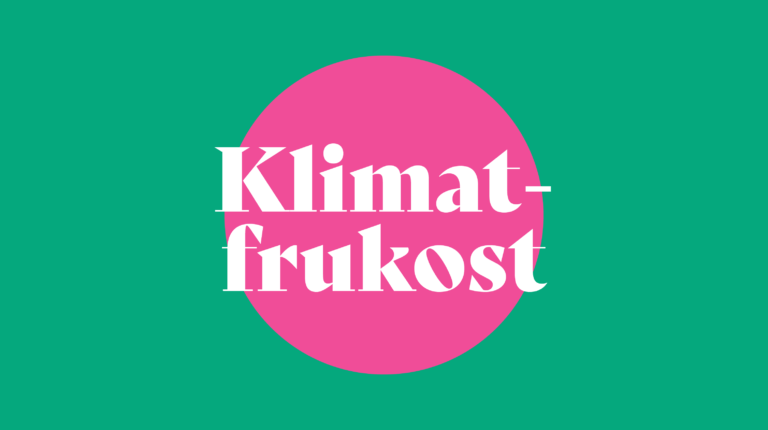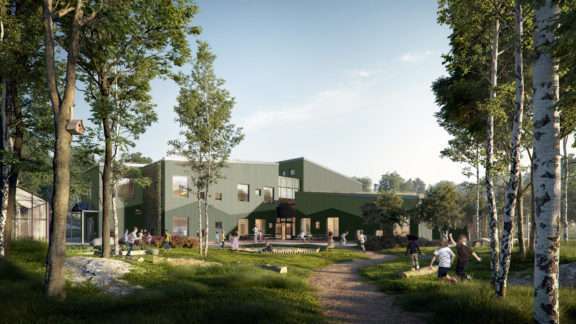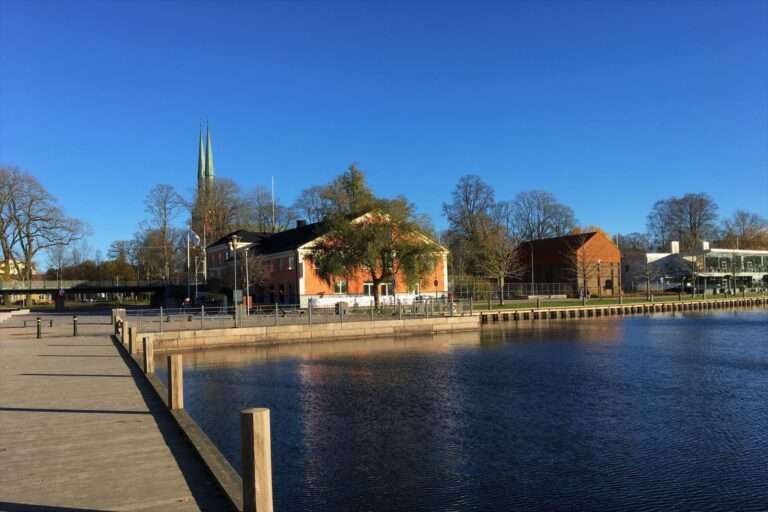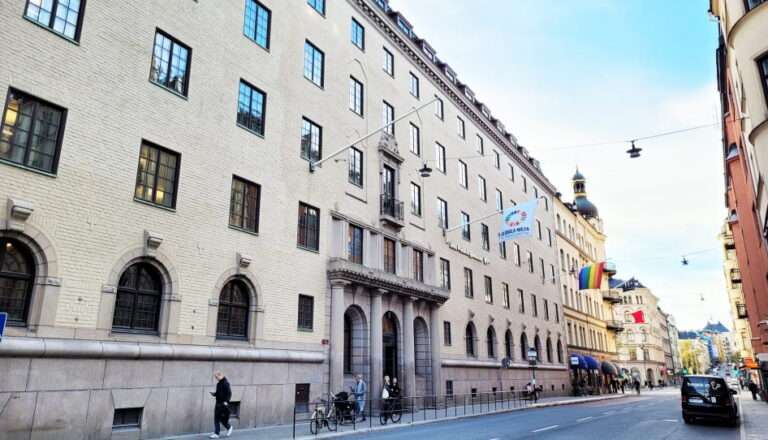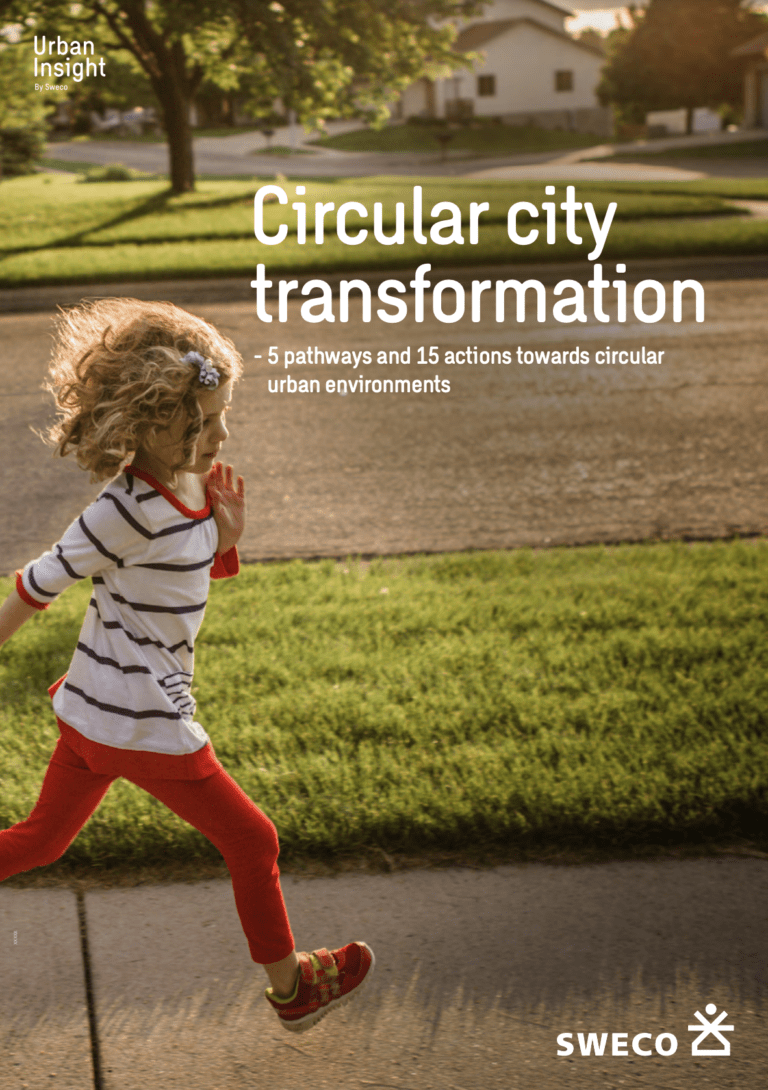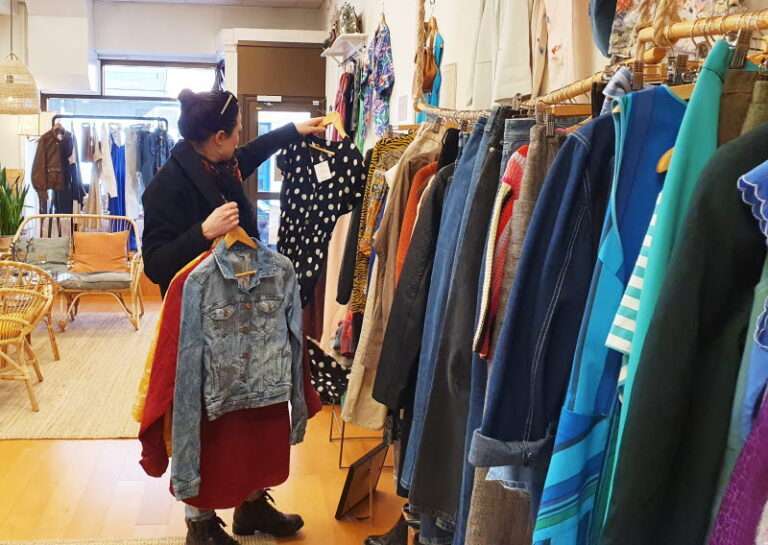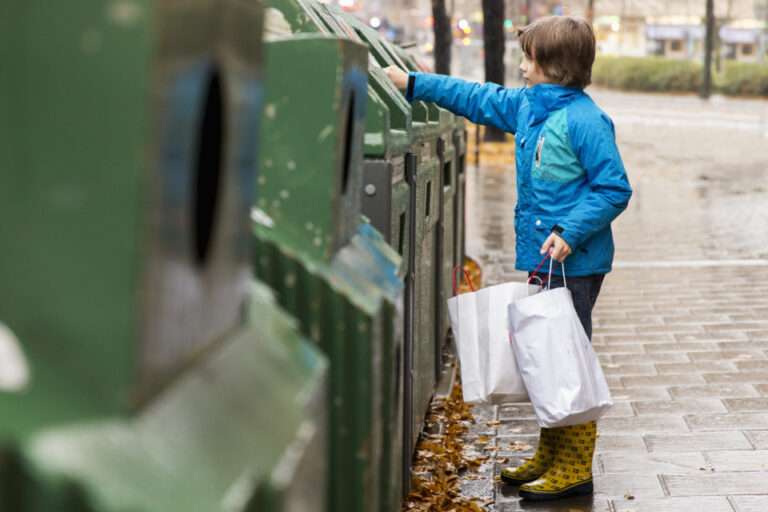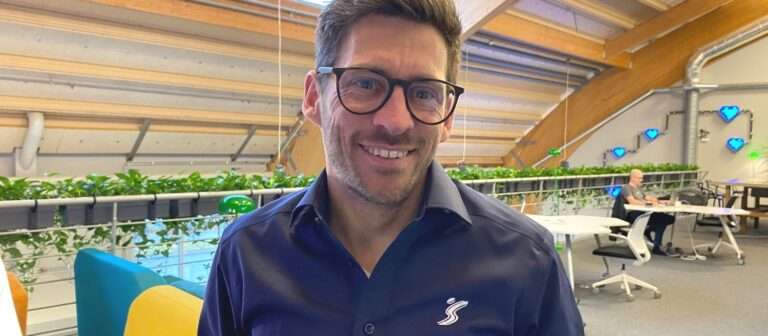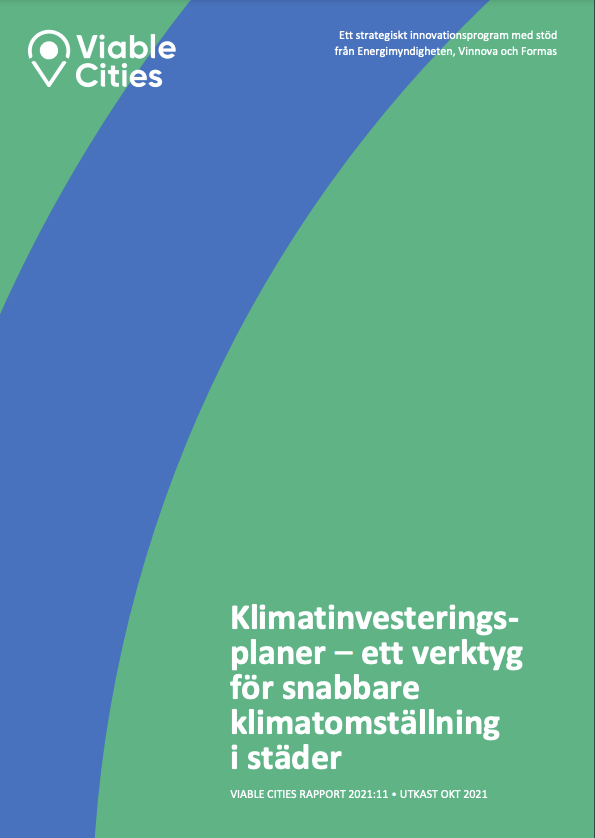Viable Cities Report 2021:11 The climate transition in the 2020s means that the fossil economy will become increasingly unprofitable and the renewable economy increasingly profitable, passing one economic tipping point after another. Climate investment plans are a new way of developing roadmaps for cities that include a social and economic perspective on actions and investments. Climate benefits and added value are clarified to create a basis for decision-making that enables the right priorities to be set. The climate investment plan is about providing an overall picture of the municipal, regional, national and private measures and investments that will be needed to achieve the set targets. They should also show how new or growing markets are created for companies that can deliver sustainable buildings, energy systems, mobility solutions, recycling systems and supporting digital systems, etc.
